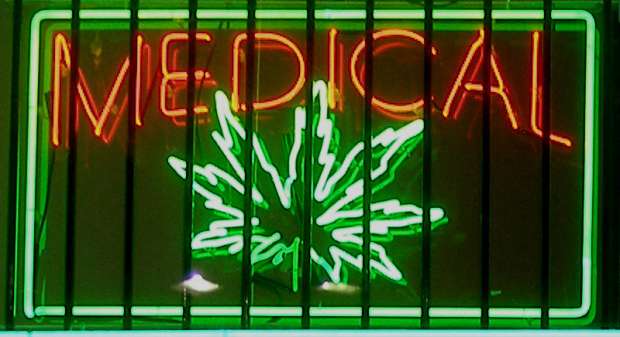
The federal government is in the process of creating legislature to implement recreational marijuana legalization. (Laurie Avocado/Wiki Commons)
By: Hunter Crowther
A heavy federal tax on legalized marijuana will not affect the sales of cannabis manufactures in Canada, says one industry insider.
However, a real threat to the industry will be if the federal government sets the minimum purchasing age higher than legal drinking age.
Jordan Sinclair is the director of communications for Tweed Inc., a company that’s owned and operated through Canopy. He says Canopy suggested the legal purchasing age should be inline with alcohol and determined at a provincial level.
“It seems like the easiest way to run distribution. It’s also the most pragmatic,” Sinclair said Monday in an interview with Humber News. “There can be guidance from the federal government, but each province sets the age for alcohol. There’s room for interpretation.”
Last month, Ottawa’s public health agency recommended the minimum age for buying legal marijuana should be set to 25, despite no consensus among various agencies.
The Office of the Parliamentary Budget released a report Nov. 1, providing independent analysis to Parliament on the fiscal considerations for legalized cannabis. They estimate the pre-tax price of legal pot wouldn’t go below $6.67 a gram.
A marijuana manufacture in Smith Falls, Ont. told Global News that Canadians could pay as little “as $5 a gram,” but the report may be closer to what happens.
“You could pick any big number as a minimum price. There will probably be some stuff which is five bucks, (but) I suspect that you’re going to find an average price of $7-$8 a gram,” said Bruce Linton, CEO of Canopy Grow.
Linton told Bloomberg News last week “we can probably carry a tax burden of 25 per cent or so and end up in the consumer hands on a still cost-competitive basis.”
Combined with the results of the U.S. election, where four more states approved recreational cannabis use, Linton’s comments more than doubled Canopy’s share price, bringing its market value past $1.6 billion.
Canopy became the first publicly traded Canadian marijuana producer on the Toronto Stock Exchange in July.
The Liberals won the 2015 federal election with marijuana legalization and regulation in their party platform, with member of parliament and Toronto’s former police chief Bill Blair tasked with Ottawa’s marijuana file.
He said the government will introduce legislation in spring 2017, and could begin legal sales of recreational cannabis as early as January 2018.

